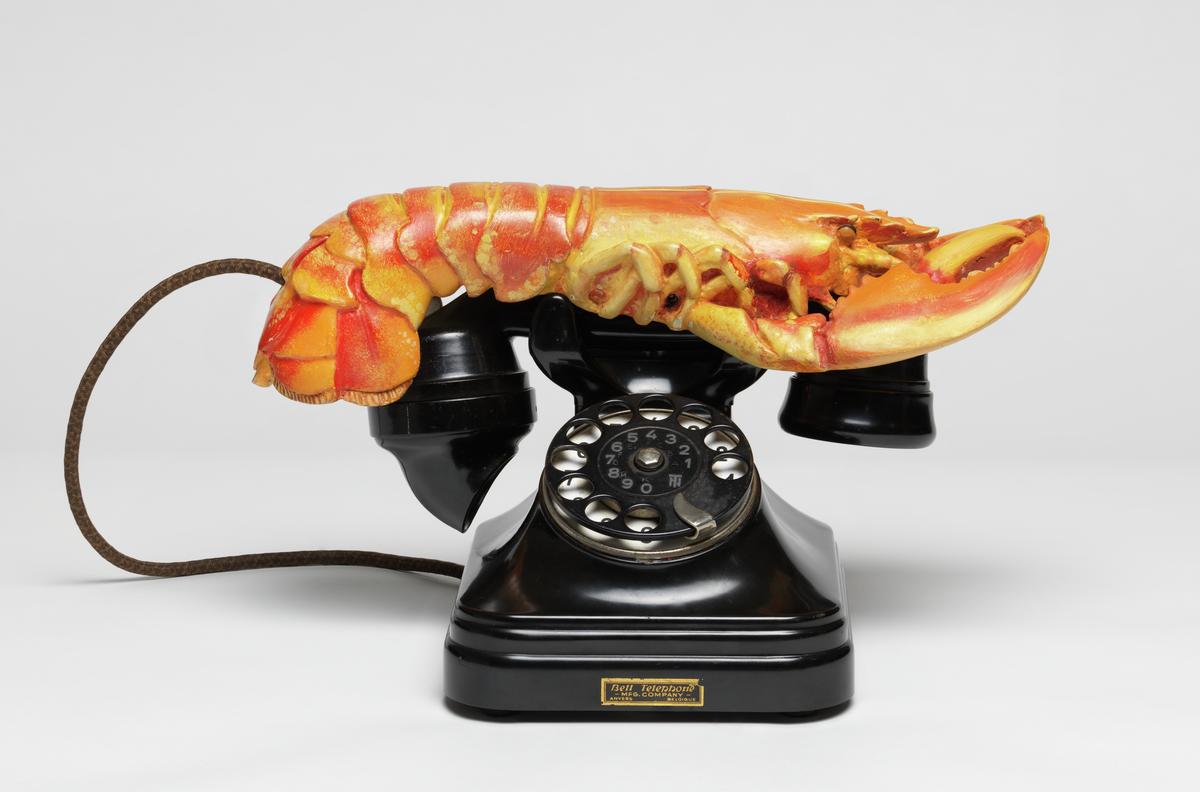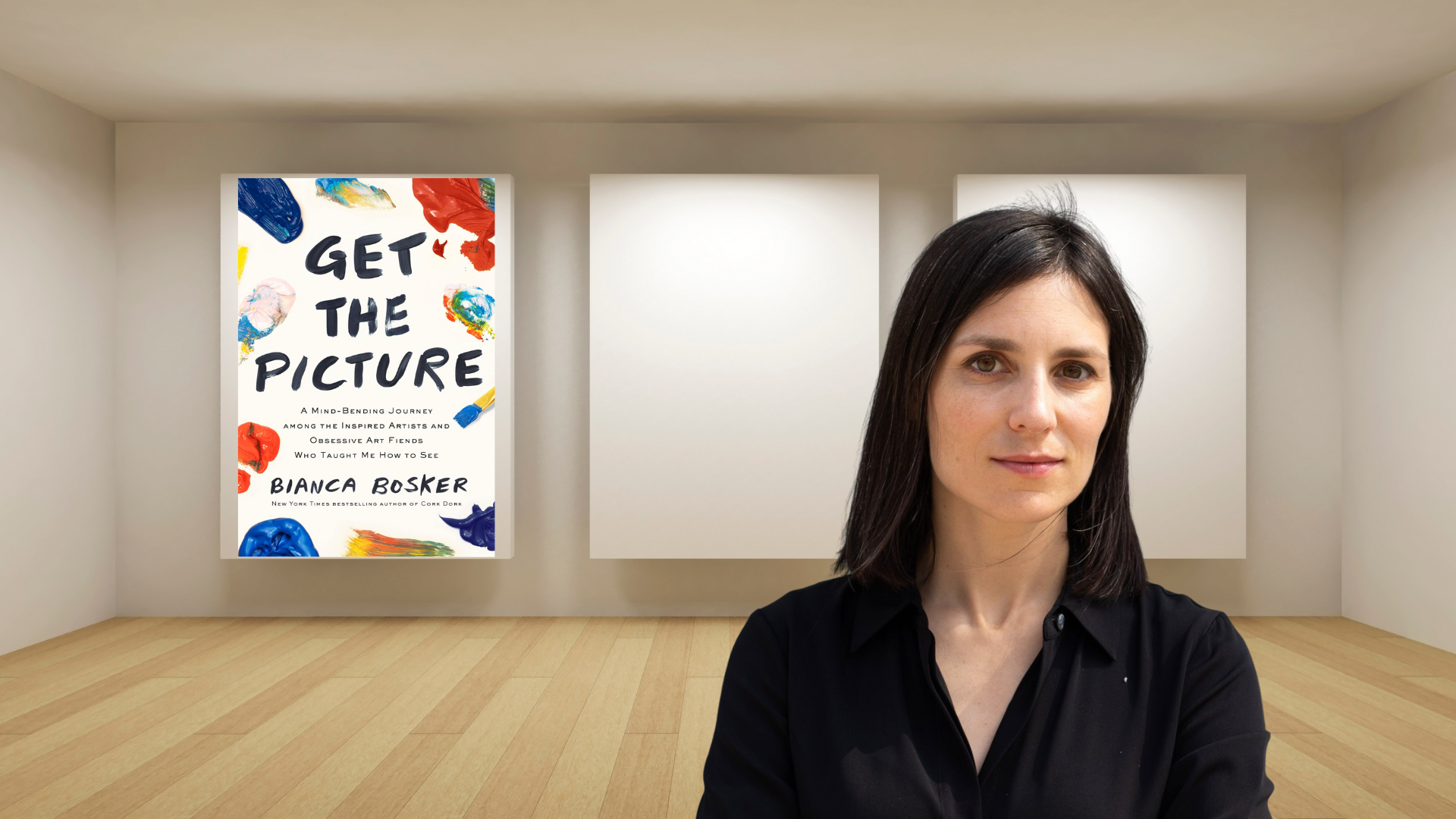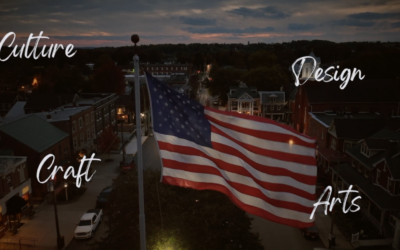“Democratization of American Arts and Culture” means lowering or removing barriers to experiencing, creating, and sharing art. Through this process, ideas are explored, questions asked, humanity exposed, bonds created, and communities are greatly strengthened. Democratizing the arts also helps strengthen American democracy, by strengthening communities, building belonging, and advancing interest in participatory citizenship. This is why Democratizing the Arts is one of the pillars of the 4A Arts mission, and our 2024 issues agenda includes Arts + Democracy. We believe that real investment in American arts, culture, design, and craft can strengthen communities and counter the political polarization currently undermining American democracy.

Art can be a fight against complacency; a choice to live a life that’s more challenging and ultimately more beautiful.
Bianca Bosker is the New York Times bestselling author of “Cork Dork” whose most recent book, “Get the Picture” is a deep dive into various aspects of the visual arts industry. As a child, Bianca was a lover of all things artsy but had grown disillusioned with the snobbery and barriers erected by the art world. Eventually, the realization of her disengagement drove her to immerse herself in various aspects of the art world for better understanding. Through her research for Get the Picture, she worked as a gallerist, artist assistant, and museum guard.
At the top of our conversation, Bianca references Salvador Dali’s “Lobster Telephone” as an artwork that profoundly affected and inspired her.

“Lobster Telephone” Salvador Dali (1904-1989) Tate Museum, London
We hope you enjoy this conversation about Bianca’s fascinating dive into the art industrial complex rabbit hole.
SUPPORT THE MOVEMENT
Support 4A Arts’ Mission by making a contribution







